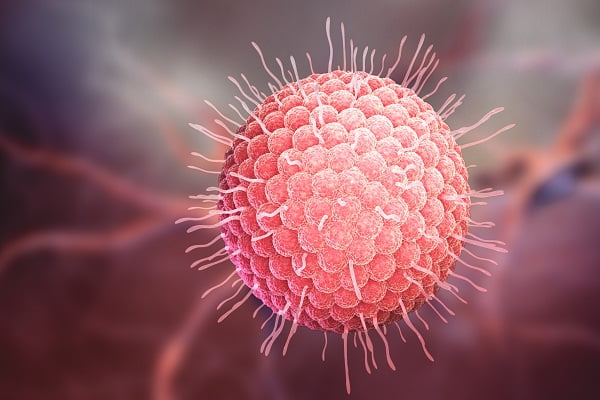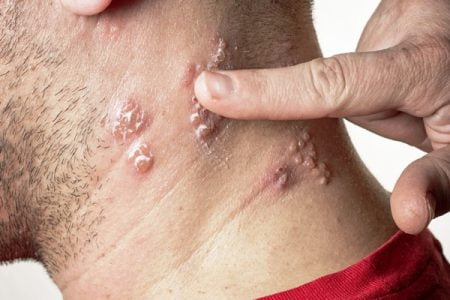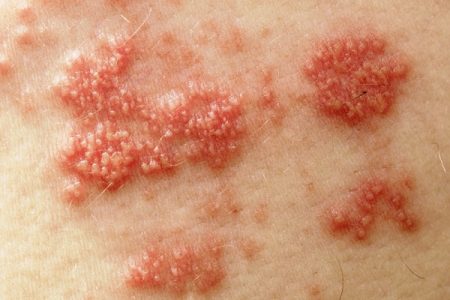Causes of Shingles
- Updated on: Jun 27, 2024
- 2 min Read
- Published on Sep 26, 2019


What causes shingles?
The onset of shingles happens when the herpes zoster virus which causes chickenpox reoccurs in the individual’s body.
The herpes zoster virus belongs to the herpes viridae family. The virus lies dormant in the nerve system for years, ever since one has recovered from chickenpox attack. However in the inactive state the individual will not experience any symptom from the virus.
Our immune system keeps the virus in check, but upon reactivation, one may develop a rash seen only near the affected area that may lead to shingles. Upon reactivation the virus travels down the nerve fibers to begin a new active infection. The site and the pattern of the rash reflect the area of the nerves affected.
Usually adults with the dormant virus never undergo an outbreak of shingles. Read more of what is shingles?
Some of the factors that may trigger singles reactivation are:
Stress
Stress is a trigger for shingles, and we all often experience it in some or the other form in our lives. This can further lead to an overall impact on one’s health, feelings of depression and the immune system.
Recent studies prove that stress could be a factor for the activation of shingles. Proper rest and better diet and nutrition can improve one’s immune system.
Effects of stress on your body
When a person is stressed, certain chemicals are released, which can disrupt the proper functioning of the immune system. The weakened immune system can reactivate the virus. Therefore, stress is a major reason for the onset of shingles. Stress is linked to various problems such as:
- high blood pressure
- obesity
- heart problems such as chronic heart disease
- diabetes
- chest pain
- insomnia
- gastrointestinal problems
- headaches
- disturbed sexual health
Age
Though people with any age can get shingles (such as children, teenagers, and young adults), the incidence of getting shingles is higher in older people. Shingles is commonly observed in people over 50 years, as the immunity decreases with age.
Cancer therapy
Radiation or chemotherapy often used to treat cancer can disrupt proper functioning of the immune system.
Medical conditions
Individuals with cancer and HIV are more prone to develop this disease due to weakened immune system.
Immunotherapy treatment
People undergoing an organ transplant or bone marrow transplant are given medicines to suppress the immune system before the procedure. Certain medicine intakes are also seen to reactivate the virus.
Shingles risk factors
The main risk factor for getting shingles is having had chickenpox in the past. People who have had the chickenpox vaccine may still be at risk of getting shingles.
Children, teenagers, and young adults can develop shingles, but generally people over 50 years old get it.












